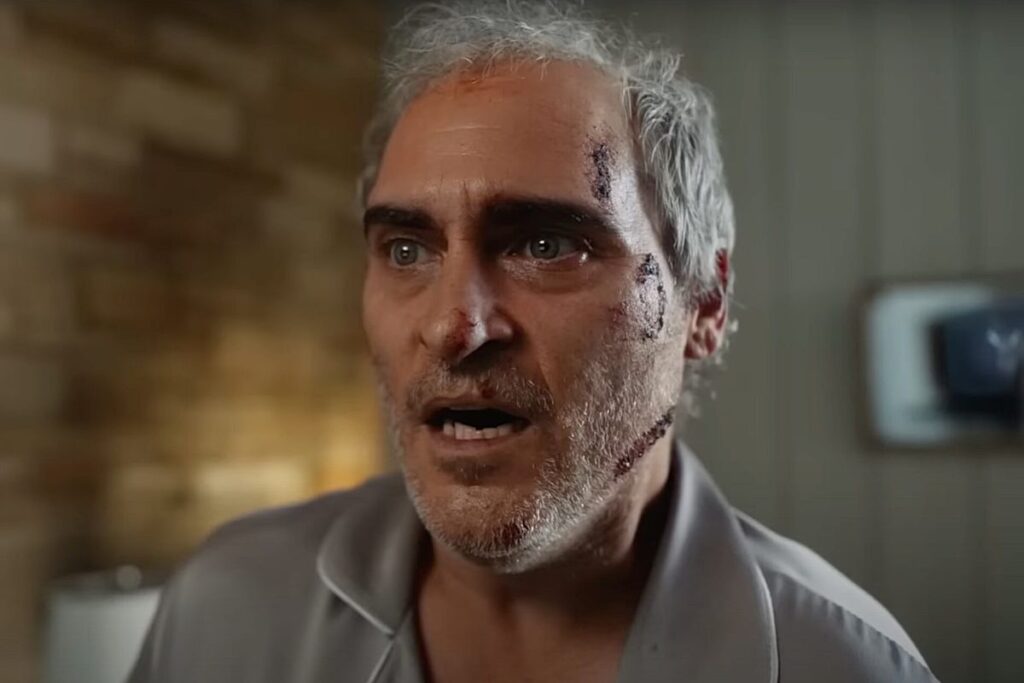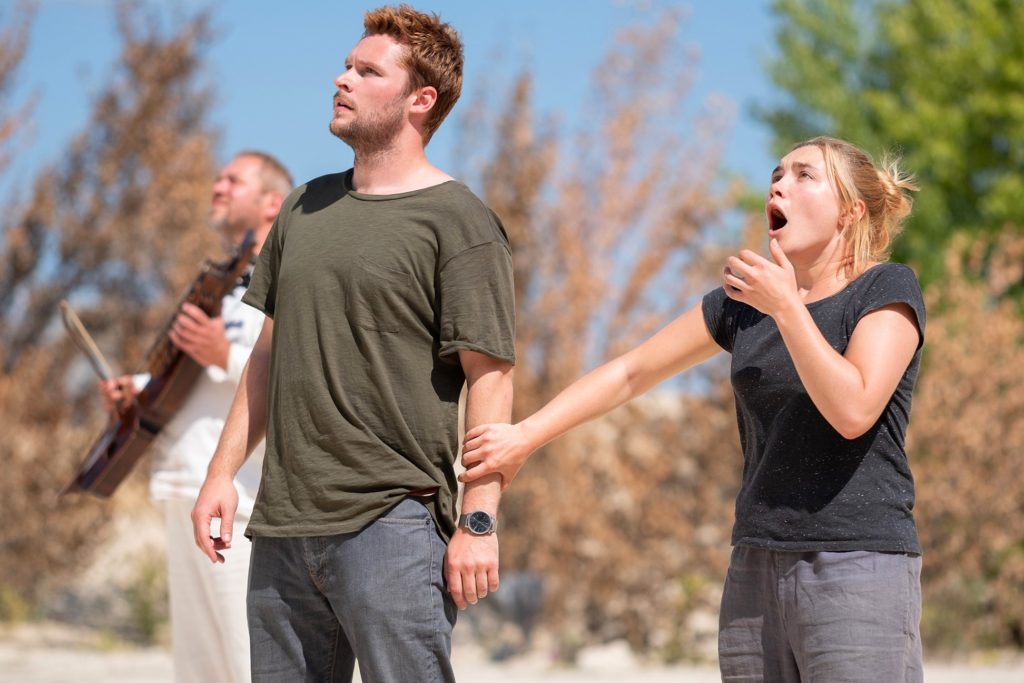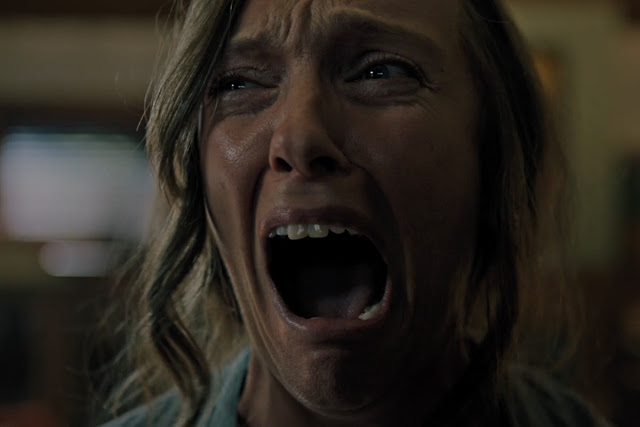Beau Is Afraid: Never Shed a Single Fear

The title of Beau Is Afraid may be a declarative statement, but its contents prompt an earnest question: Can you blame him? The story of a man beset by all manner of physical and existential terrors—angry neighbors, poisonous insects, deranged combat veterans, despondent cheerleaders, mommy issues, and (above all) his own crippling anxiety—Ari Aster’s third feature is a cavalcade of fear and anguish. Such torment is perhaps to be expected from the dude who became an indie-horror sensation with Hereditary; what’s surprising about Beau Is Afraid is that it’s such a rollicking entertainment. Sure, it subjects its hero to an unceasing ordeal of misery and humiliation, but it does so in a way that’s often (if not always) hypnotic, beautiful, and funny.
None of those adjectives would apply to Beau himself; in fact, his personality seems to revolve around a single emotion, and it’s right there in the title. We first meet Beau when he first meets the world: The film’s opening scene (“impression” might be a more accurate word) simulates the process of his birth—an unnerving disharmony of yelps and screams, set against an inky blackness that gradually gives way to blinding light. It’s one of the only times in the movie when Aster wields his formidable talent with visible stress, and it’s a bold introduction to a picture that is at once rigorous and chaotic. Read More


